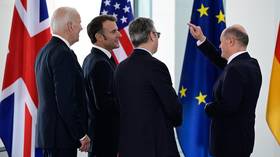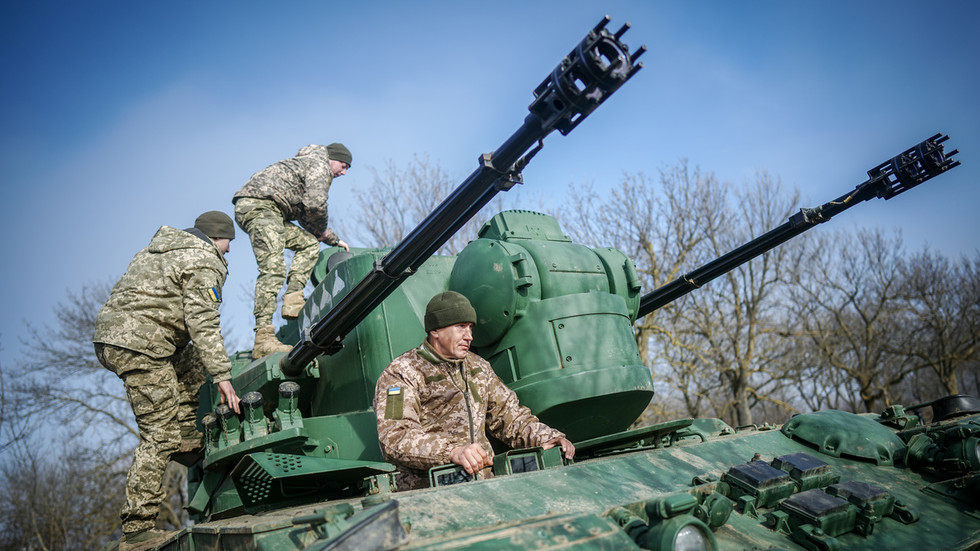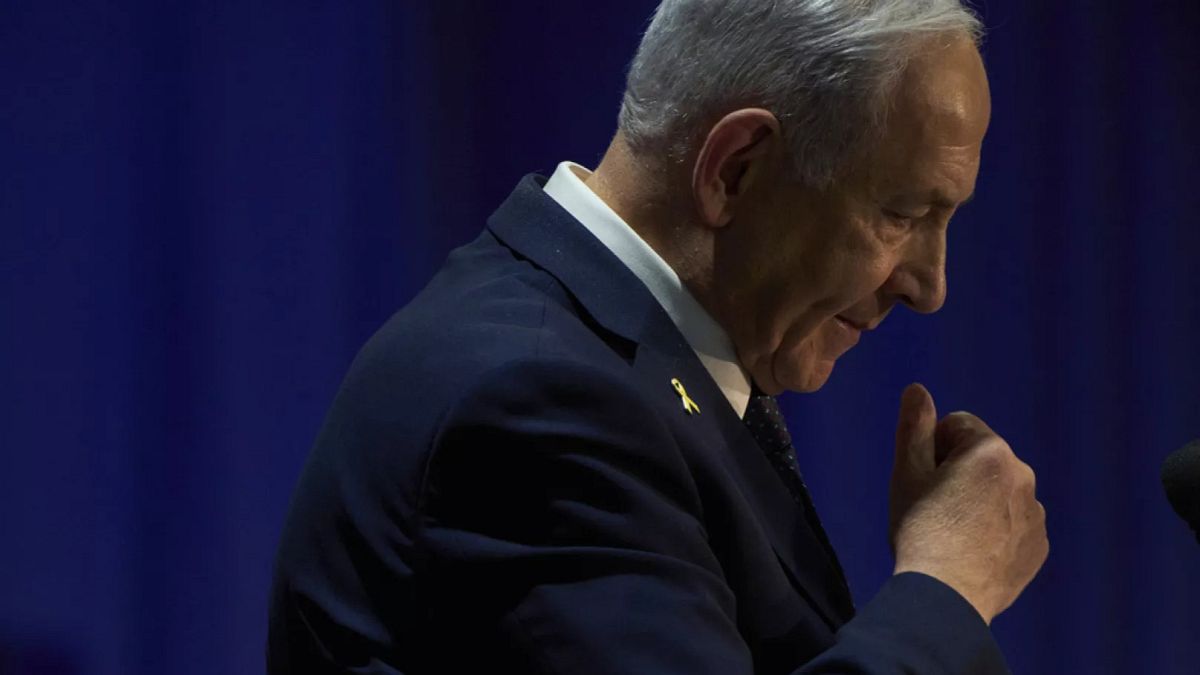Funds earmarked for supporting the bloc’s poorer members could reportedly be redirected for investment in the military
The European Union may redirect tens of billions of euros earmarked for supporting its poorer member states to defense, the Financial Times reported on Tuesday, citing EU officials.
The potential policy shift follows the election of Donald Trump as the next US president and calls for NATO members in the EU to boost their own defense spending as the Ukraine conflict continues.
The money would come from the so-called Cohesion Fund, which is aimed at reducing economic inequality between EU countries. The fund provides support to member states with a gross national income per capita below 90% of the bloc’s average, namely Bulgaria, the Czech Republic, Estonia, Greece, Croatia, Cyprus, Latvia, Lithuania, Hungary, Malta, Poland, Portugal, Romania, Slovakia, and Slovenia.
Only around 5% of some €392 billion ($416.5 billion) allocated for the fund in the bloc’s 2021-2027 budget has been spent to date, according to the FT.
The fund supports investment in green transition and transport infrastructure. Under existing rules, the money cannot be used to purchase defense equipment or fund the military. However, investment in so-called dual-use products such as drones is allowed.
Member states may be given more flexibility to allocate cohesion funds to support their defense industries and military mobility projects such as reinforcing roads and bridges to allow the safe passage of tanks, the outlet wrote, citing EU officials.
During his first administration and his recent election campaign, Donald Trump suggested that he didn’t want to pay for European security. In February, Trump said he would encourage Russia to do “whatever the hell they want” to any NATO member that doesn’t meet the military bloc’s spending guidelines.
He also vowed to bring the Ukraine conflict to a quick end, triggering fears in Kiev that he would reduce aid supplies and force Ukraine to make territorial concessions to Russia.
EU member states close to the Russian border, such as Poland, Finland and the Baltic states, have claimed that Moscow would go on to attack them next if it is allowed to win in Ukraine.
Warsaw spent 4.1% of its gross domestic product (GDP) on the military this year – double the 2% NATO target – and reportedly plans to increase it to 4.7% in 2025.
In May, Polish Prime Minister Donald Tusk and European Commission President Ursula von der Leyen called on EU countries to spend more on their own defense, citing the threat purportedly posed by Russia.
Russian President Vladimir Putin has repeatedly dismissed claims of any possible military advance against NATO countries by Moscow as “nonsense.”

 5 months ago
36
5 months ago
36







 We deliver critical software at unparalleled value and speed to help your business thrive
We deliver critical software at unparalleled value and speed to help your business thrive






 English (US) ·
English (US) ·